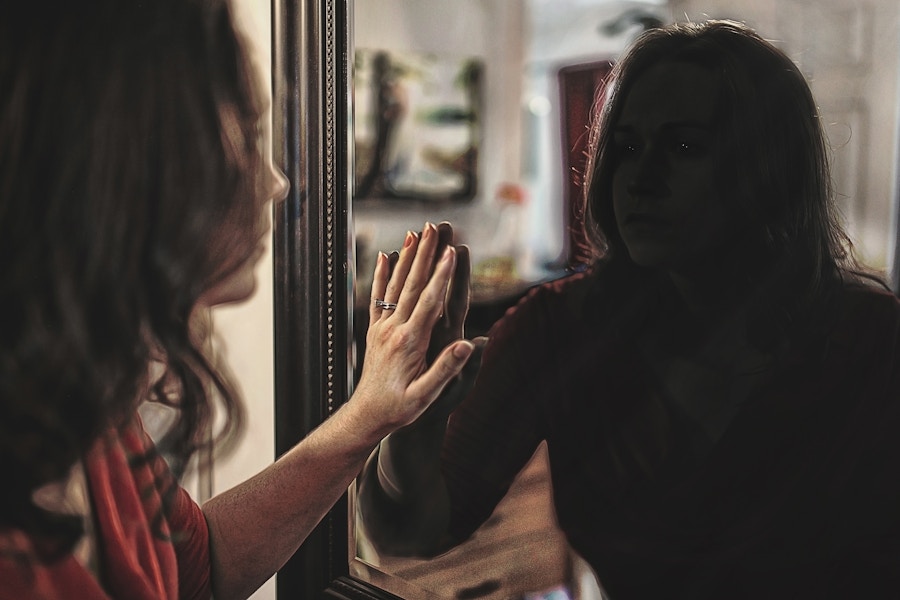One of the reasons why lectio divina is difficult is related to another theological foundation for its disciplined practice: in our sinful condition, we are deeply resistant to the truth about ourselves. We are split spiritually; as God’s grace begins to penetrate our consciousness we both welcome it and resist it. We are spiritually schizophrenic, imagining things that aren’t true and blind to reality as it actually is. The disciplined practice of lectio divina breaks into this spiritual blindness, shining light into darkness, irradiating falsehood with truth.
A fundamental movement of the spiritual life is from self-deception to self-awareness, an awareness of the truth about the human condition and the state of our relationship with God that can be initially horrifying as we acknowledge the true state of affairs within us.
To acknowledge the truth terrifies and confuses us because we have believed a lie for so long; its falsehood is second nature to us. Over the years, our thoughts about ourselves and the world we live in have warped in a number of ways, a curving and cracking of our personality related to the fundamental lie first spoken in the Garden. “You can’t trust God, you know. Trust yourself.” Augustine and Luther pictured the result of the inward turn of Adam and Eve as the cracking of human nature. We are now skewed, incurvatus in se – “curved in on ourselves”.
The symptoms of this inward turn — illustrated strikingly by Adam and Eve’s fundamental sin of trusting themselves rather than God — appear in a host of ways: the distortions and crippling manifest in our families, the disordered loves that mark our individual lives and our cultures. Our imaginations are misshapen, dwarfish, our memories distorted. We recall things we should forget and forget things we should remember.
Yet the incarnate Word — the embodiment of truth — insistently beckons to us. “I want to be in relationship with you,” Christ says gently but firmly. “And as I draw near, I will ask you to face the truth about me and about yourself. You have harmed yourself in a manner and to a degree that you still do not recognize fully. Your spiritual cancer has infected your brain and bones so long your misery seems like health, not sickness. You are dying and yet you think you live. And so, I must reform you by my Spirit, the Spirit of truth. In this reforming, I will ask you to trust me, to trust that I will not harm you, that I know what is best for you because I have created you in my image. You are my image-bearer. As you learn to trust me, you will learn to distrust yourself. I ask you to acknowledge what you have become. As you face and acknowledge the truth about yourself I will be with you; I will offer you myself in place of your distorted self, for you were created to be what I am. As you listen to what I have said and continue to say, you will slowly become what I have always desired for you to be. And the story I have longed to tell you will enter your ears, reshape your thinking and descend into your heart. What you love will change. A new story, a recreation, will begin.”
If human beings naturally flee from the truth, lectio divina will force them to face it. If sin has distorted the human imagination, lectio divina will help to heal its distortions, often by employing the imagination in a new way. New thought patterns will replace old ones. If human beings struggle to trust anyone but themselves, lectio divina will guide us away from ourselves, gently, slowly, insistently leading us to the only one worthy of our trust, the one who has created us and made us for himself.
Because the eternal Word is incarnated in Jesus Christ, lectio divina will employ words, his words, to form his mind in us. If we have parroted false speech, lectio divina will teach us to speak truthfully as it grounds us in the incarnate truth. Christ’s words will slowly become our words, his actions our actions, as we apprentice ourselves to him. We will sit at his feet: reading, meditating, praying, contemplating, and acting.


